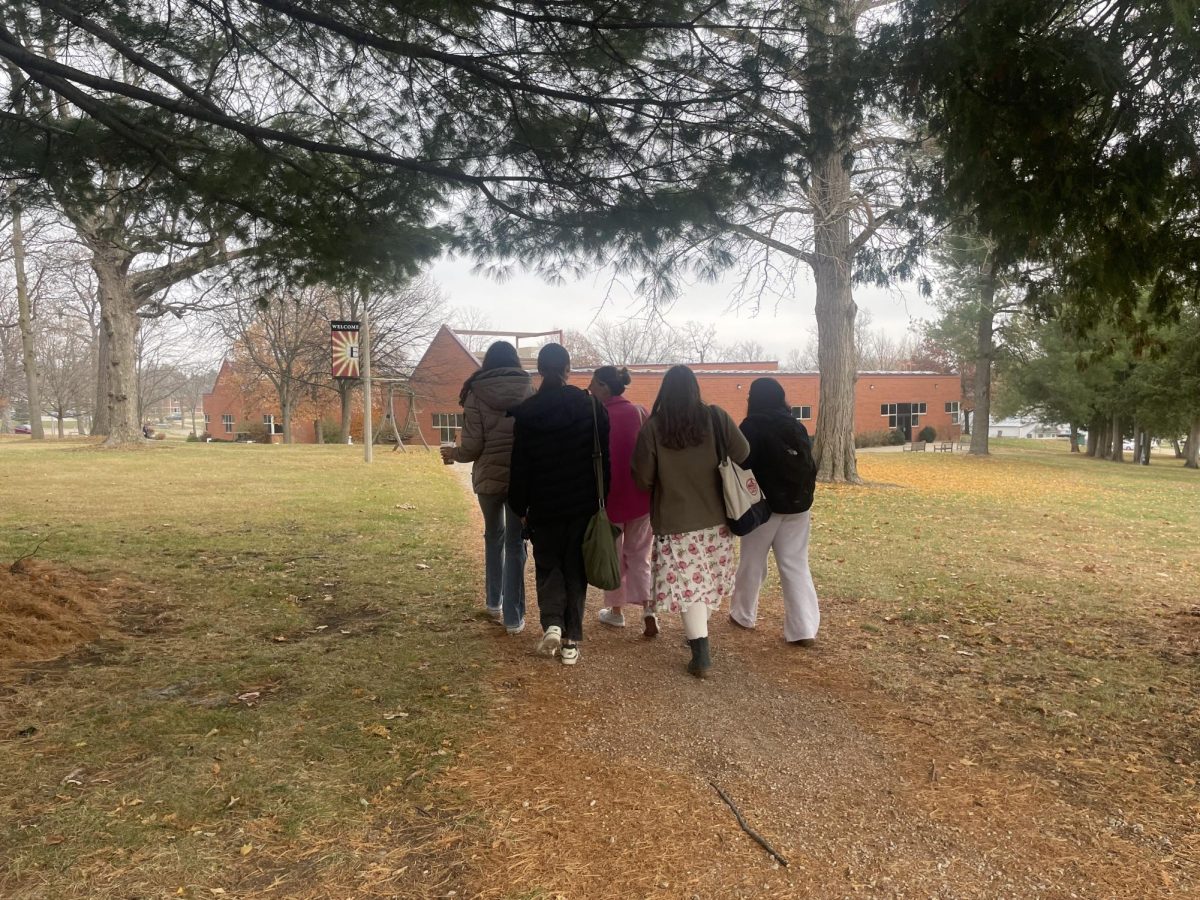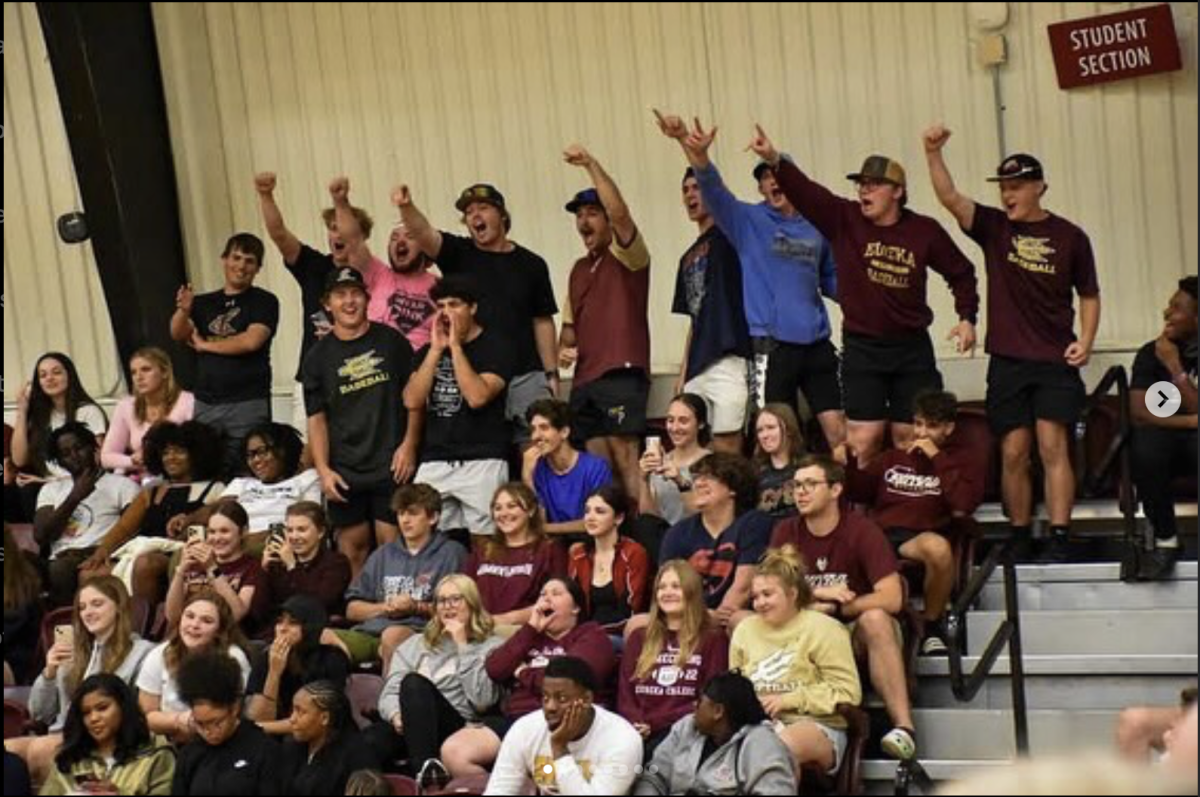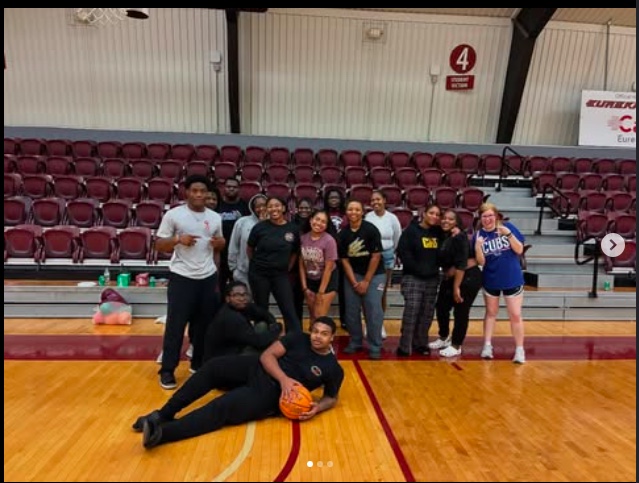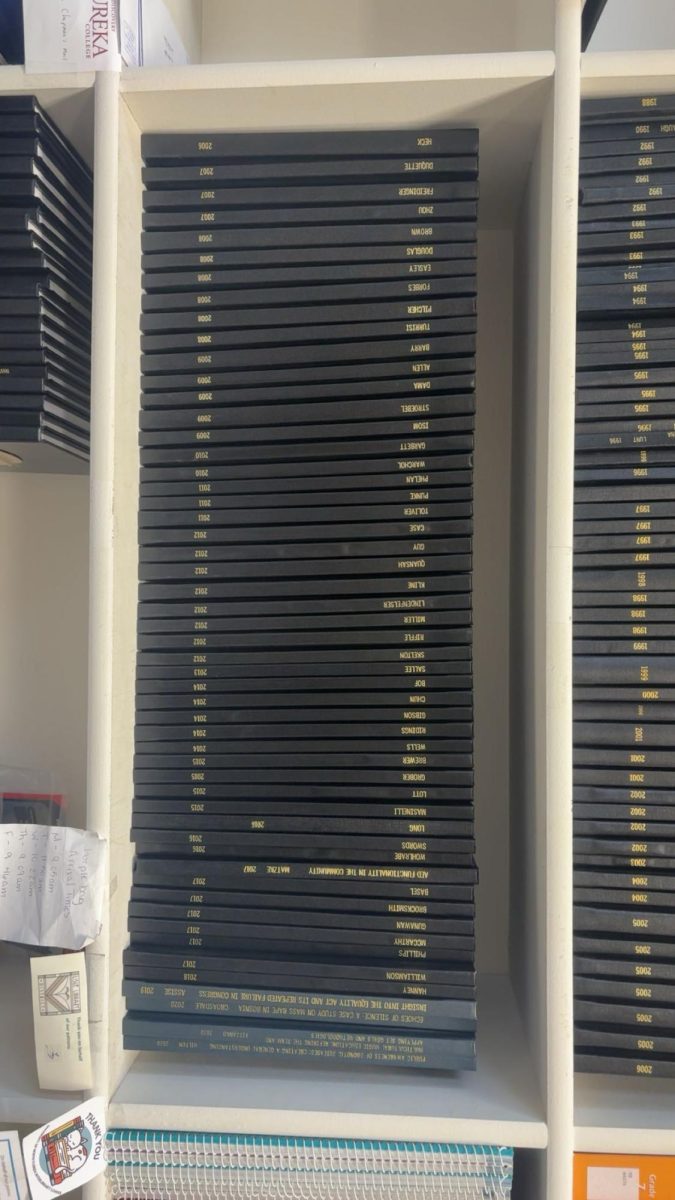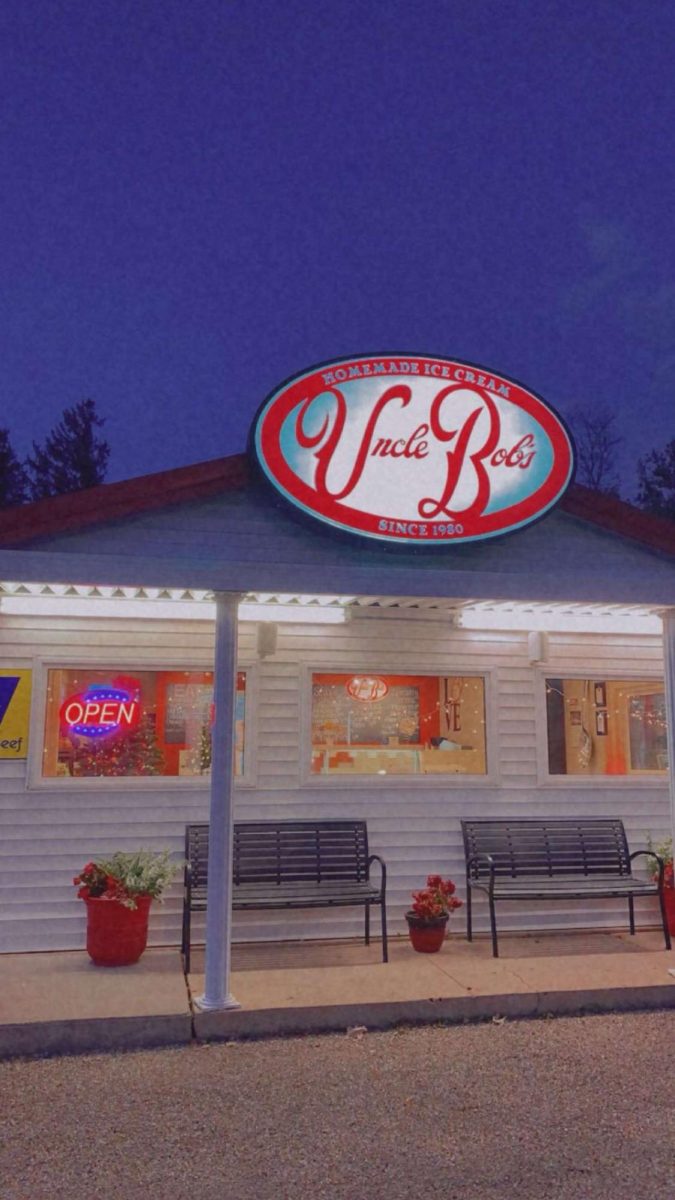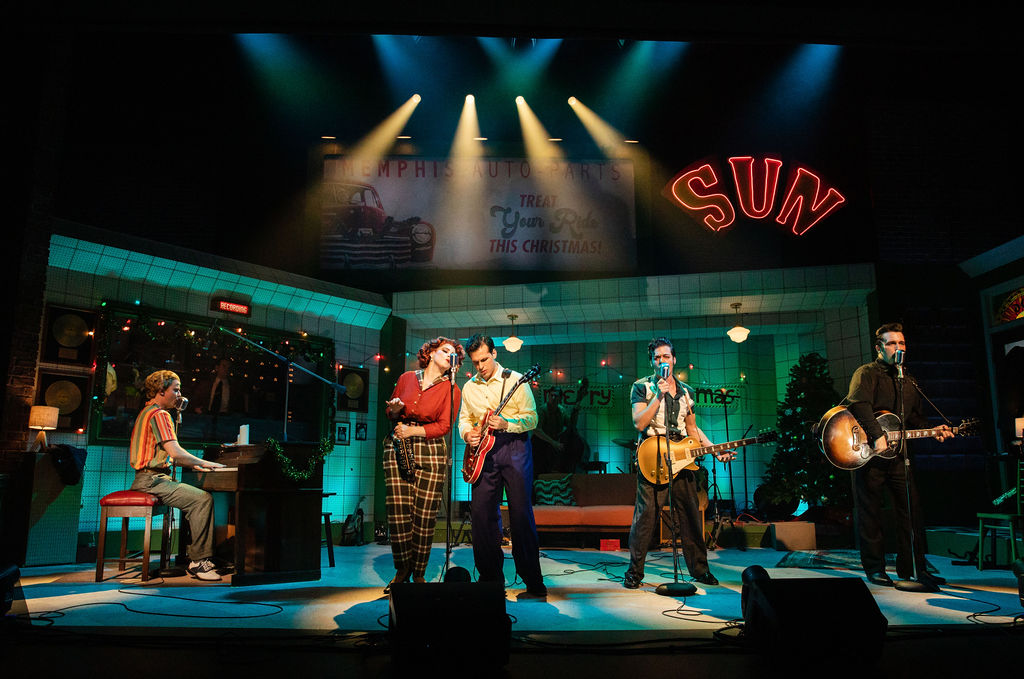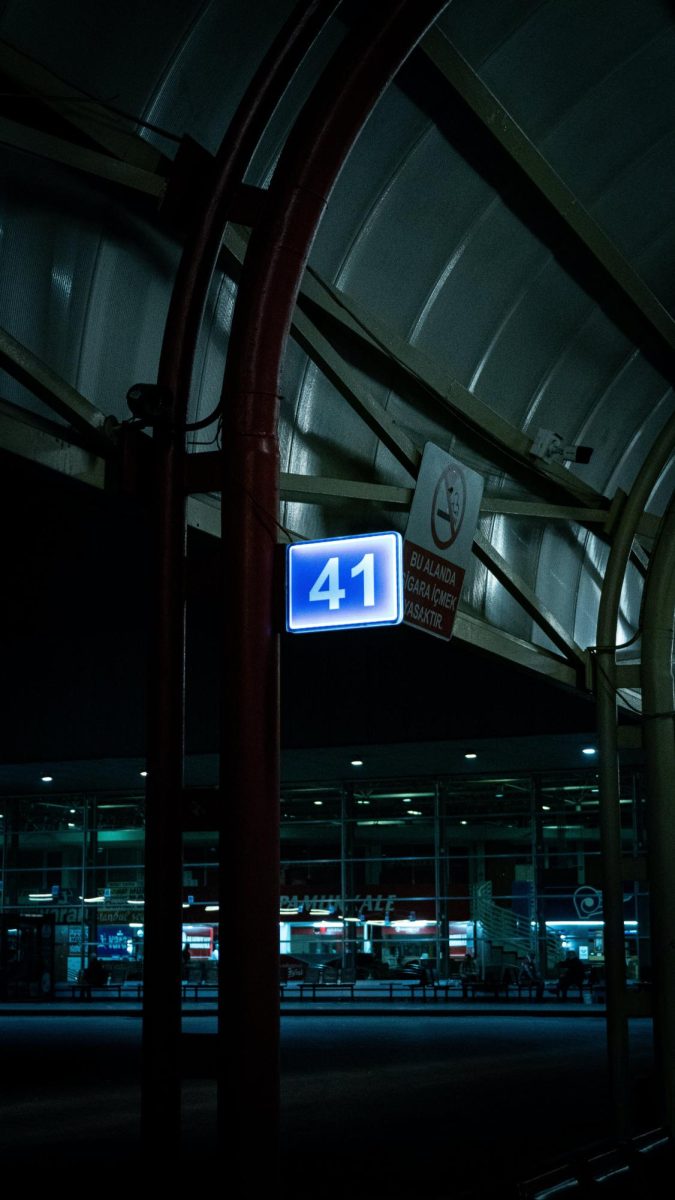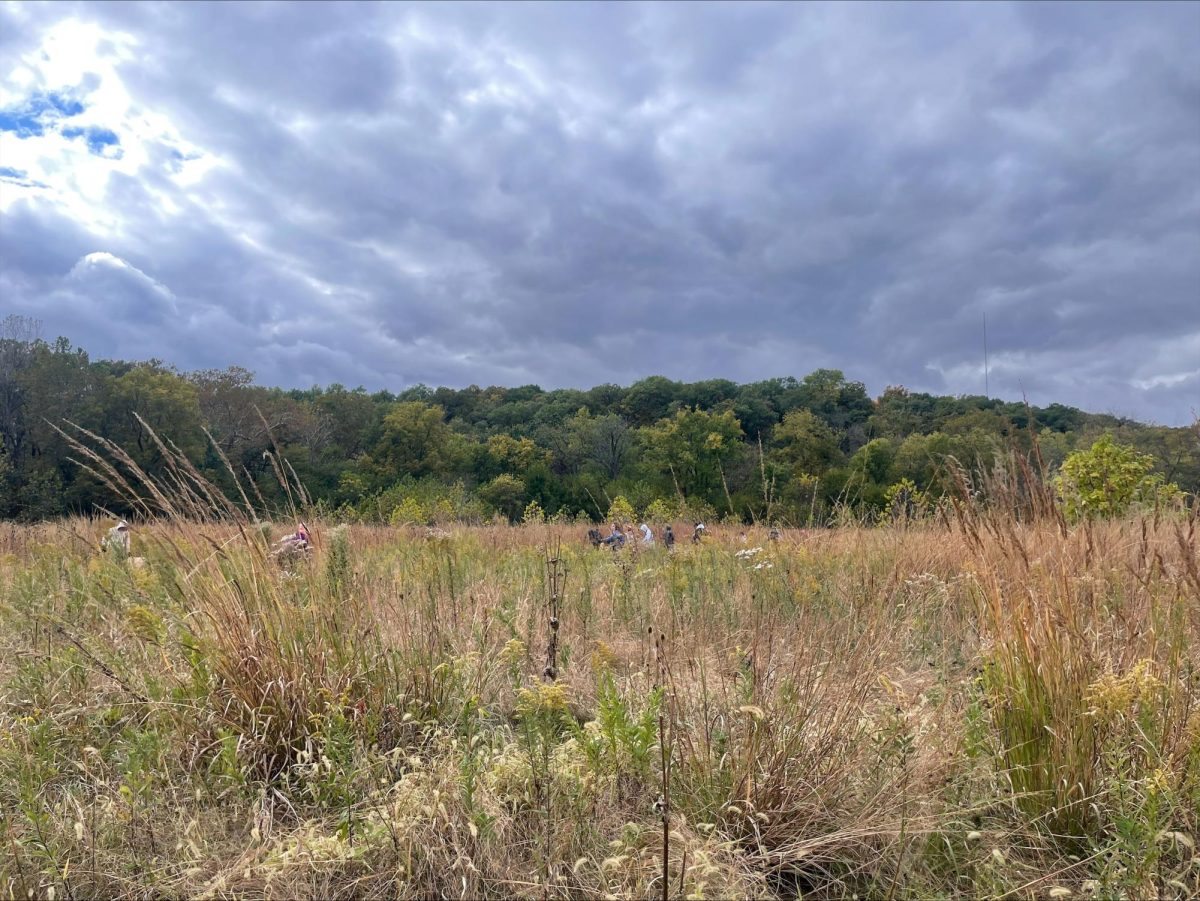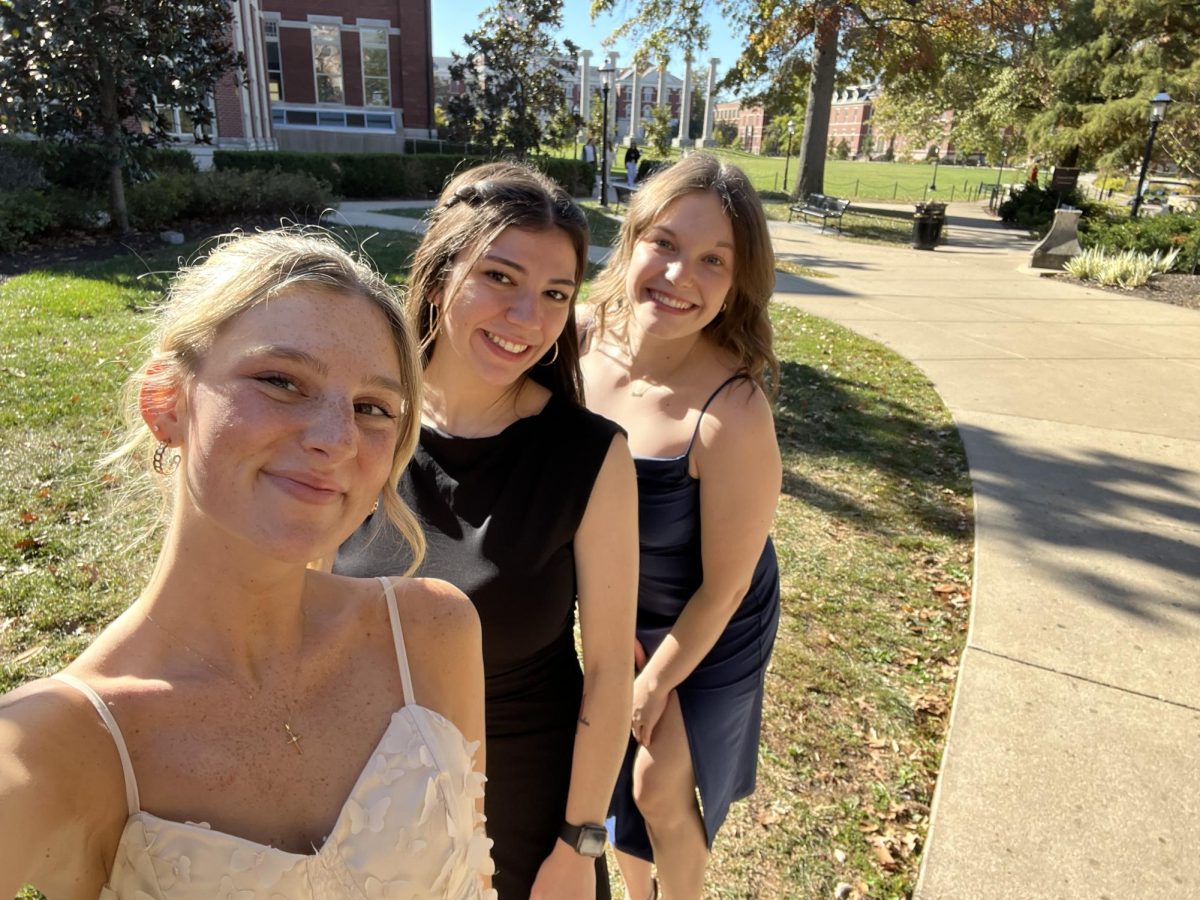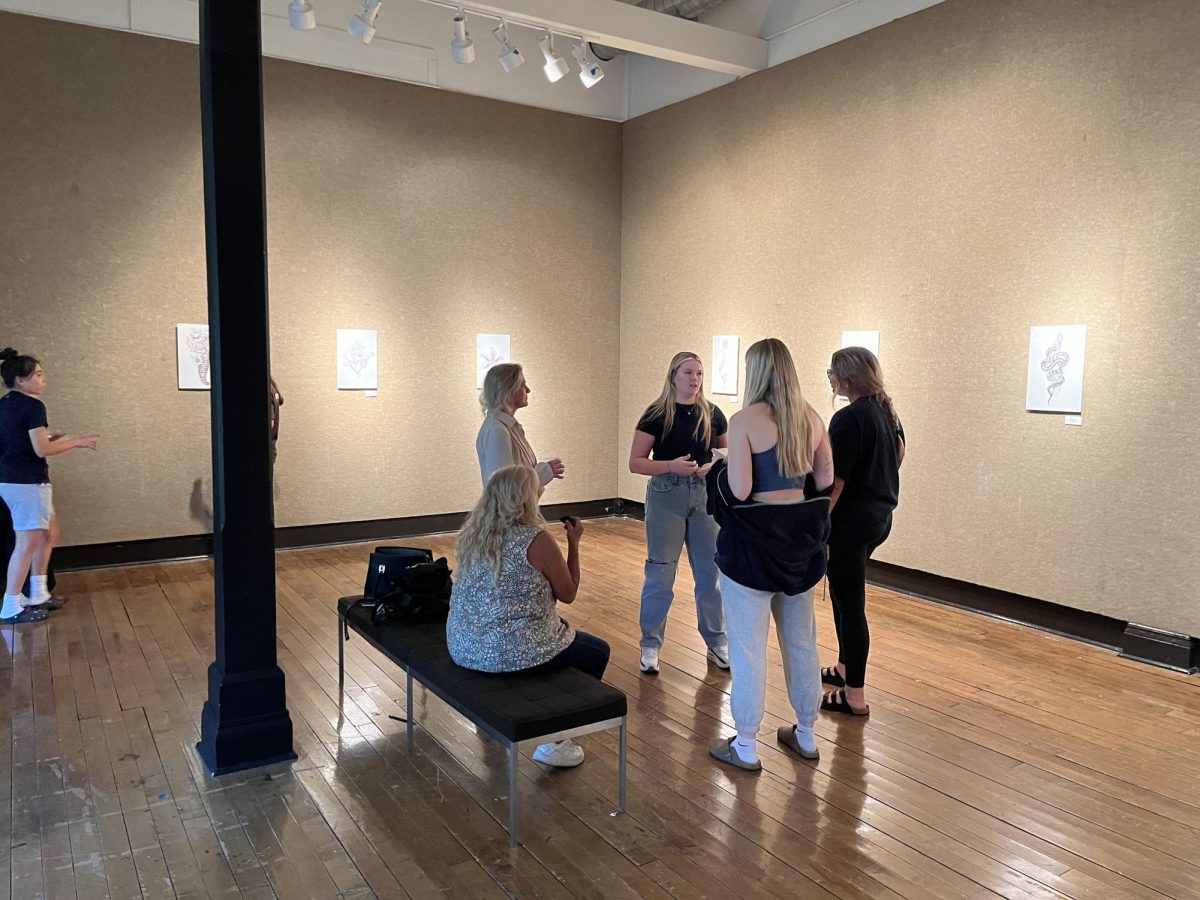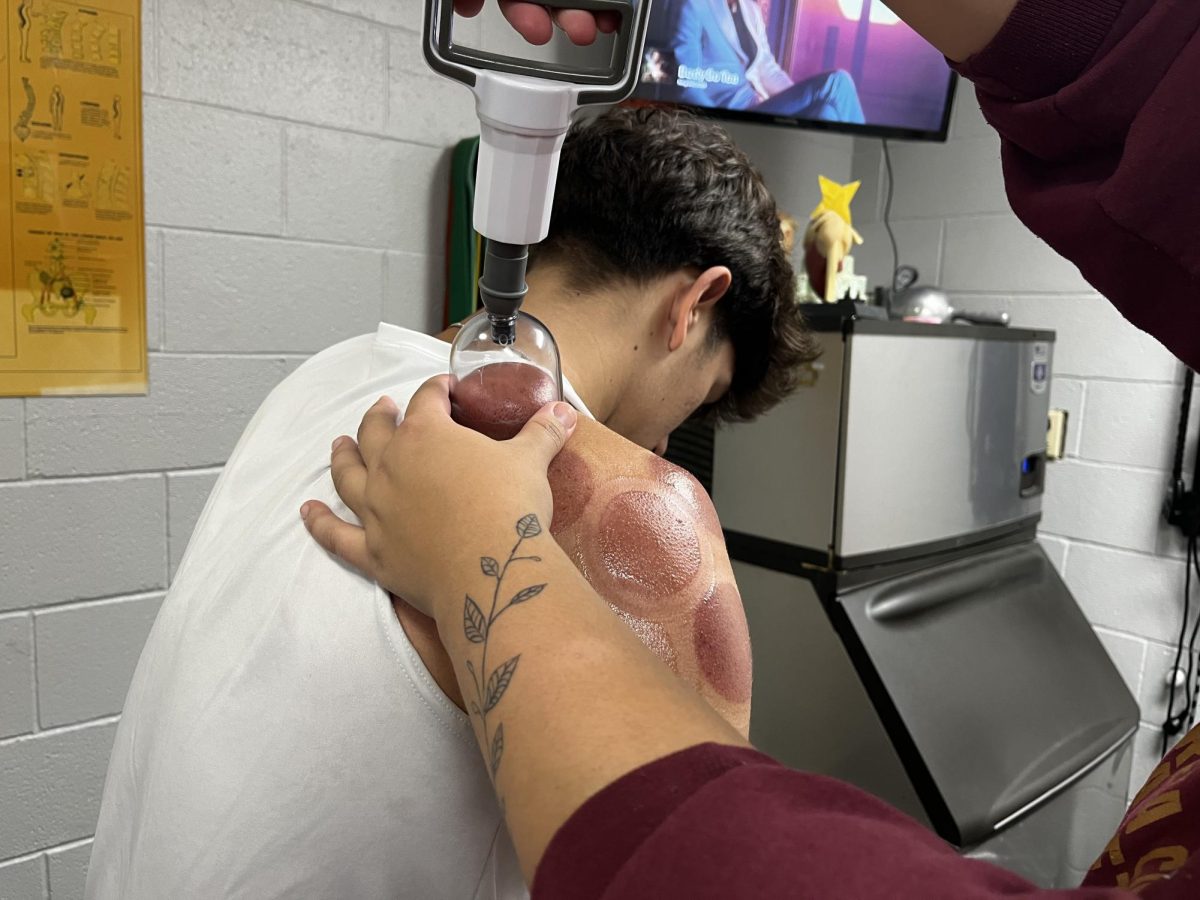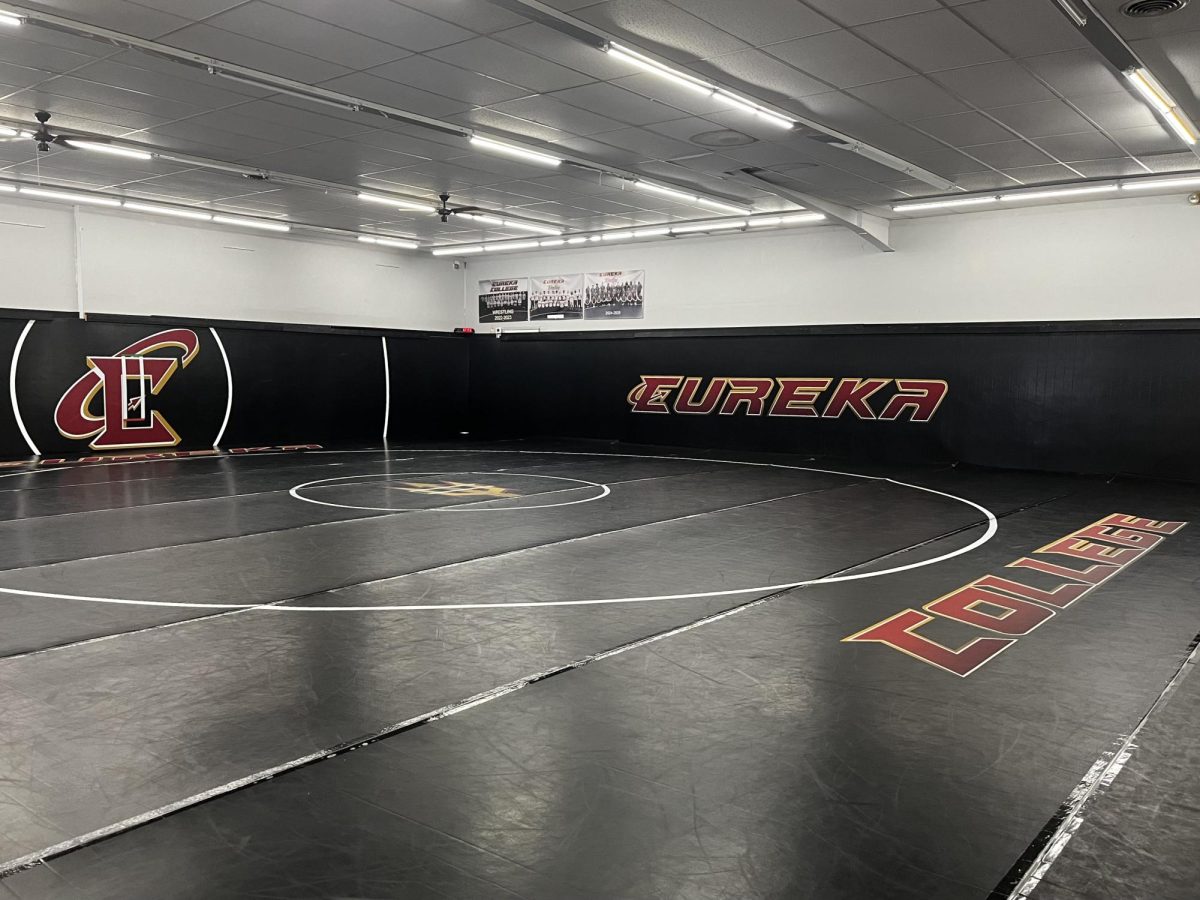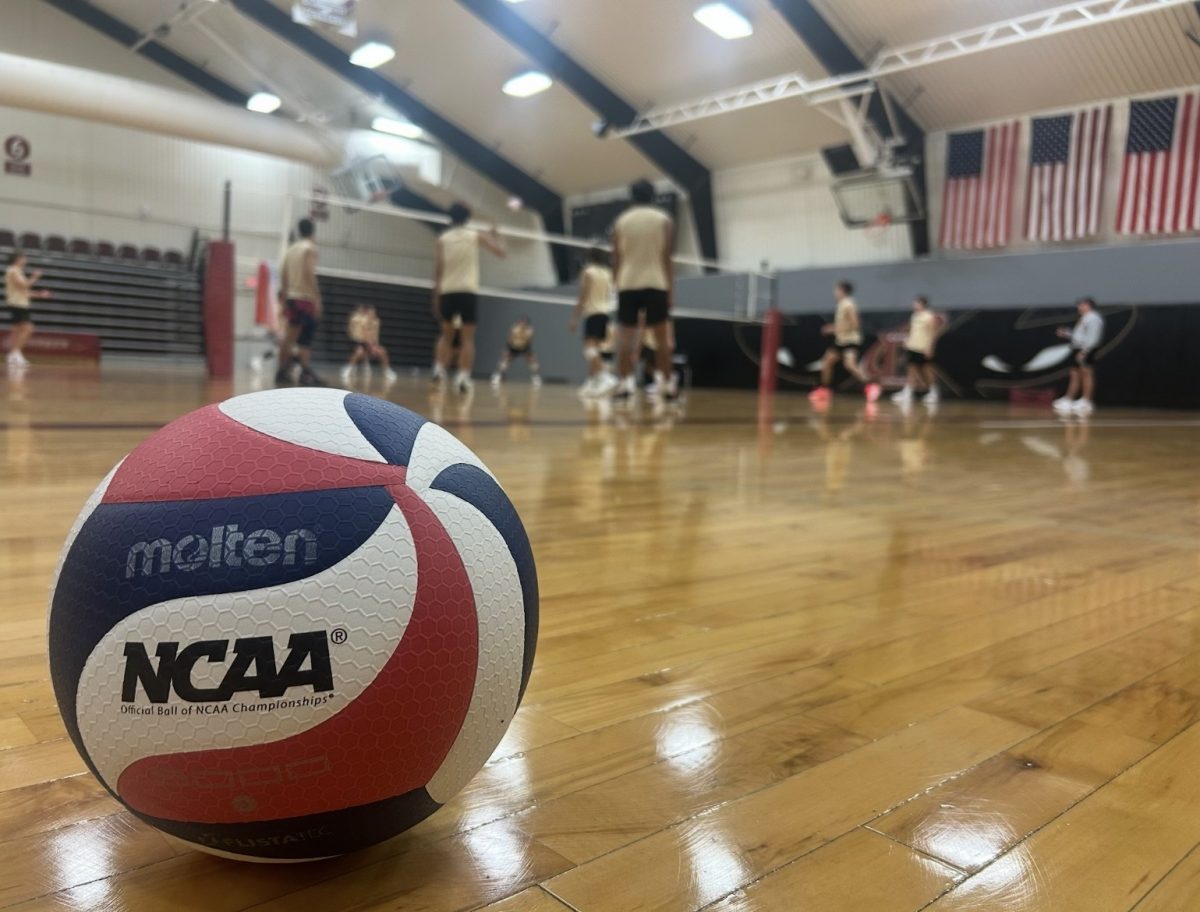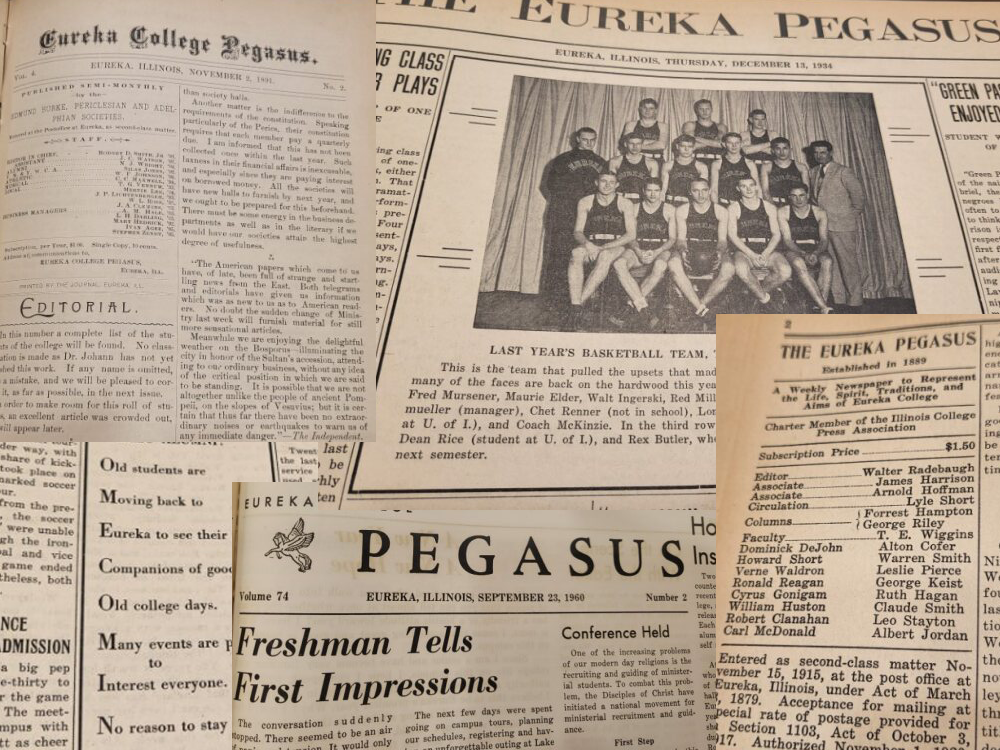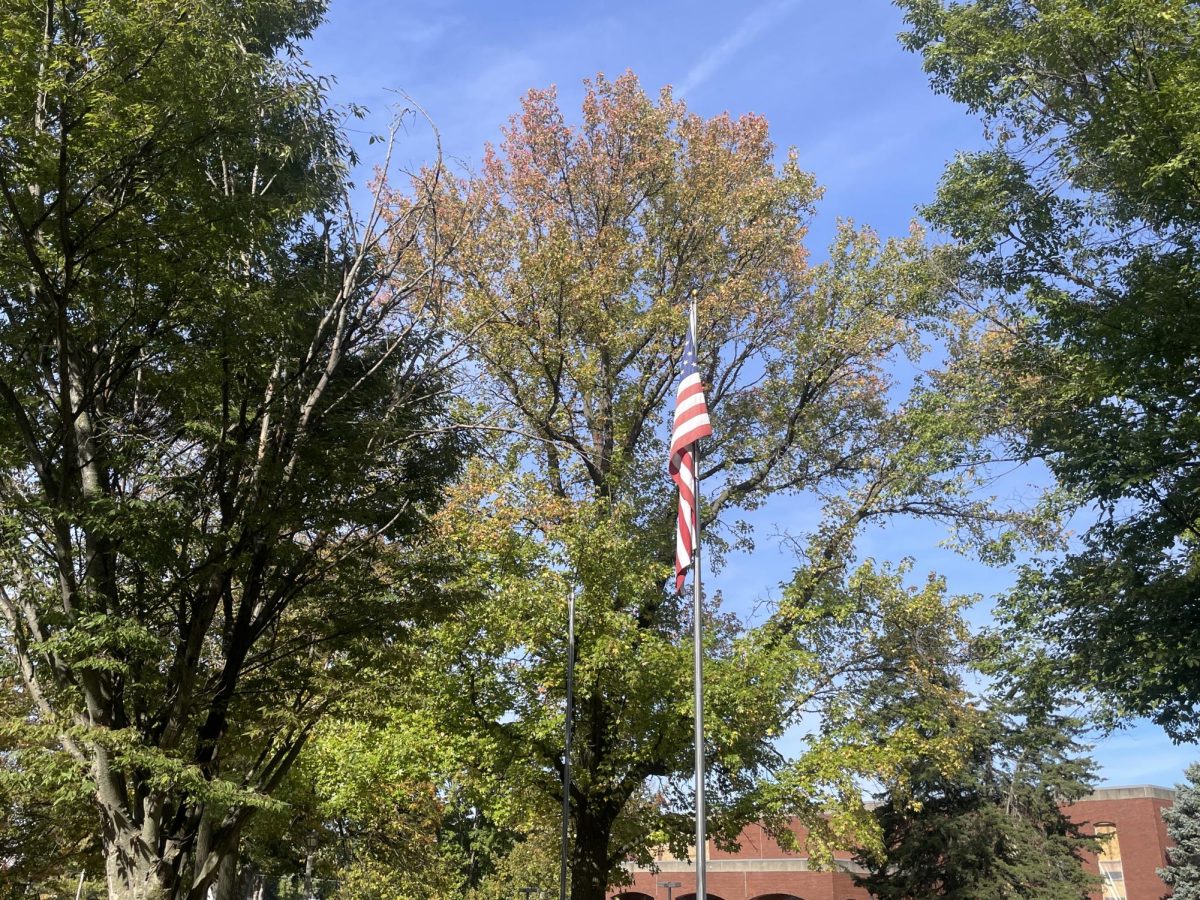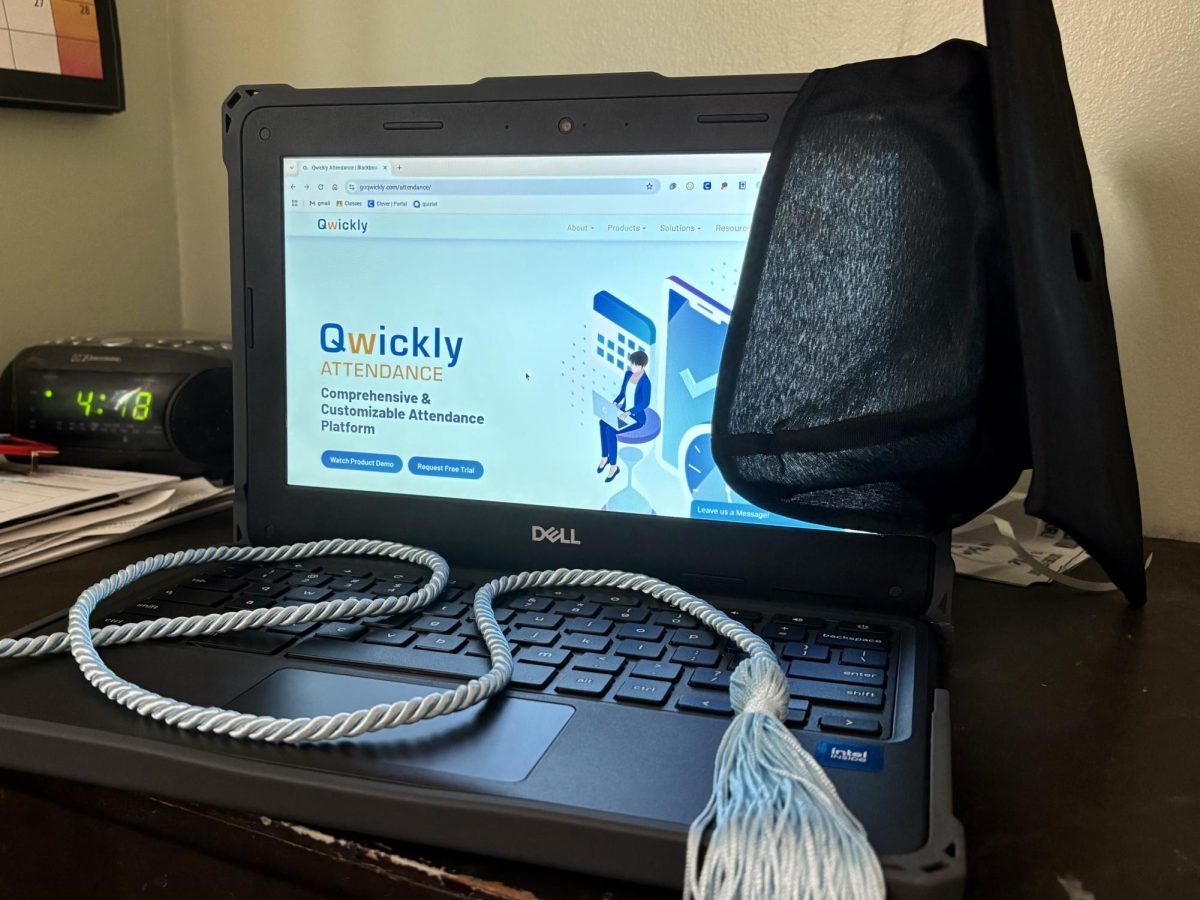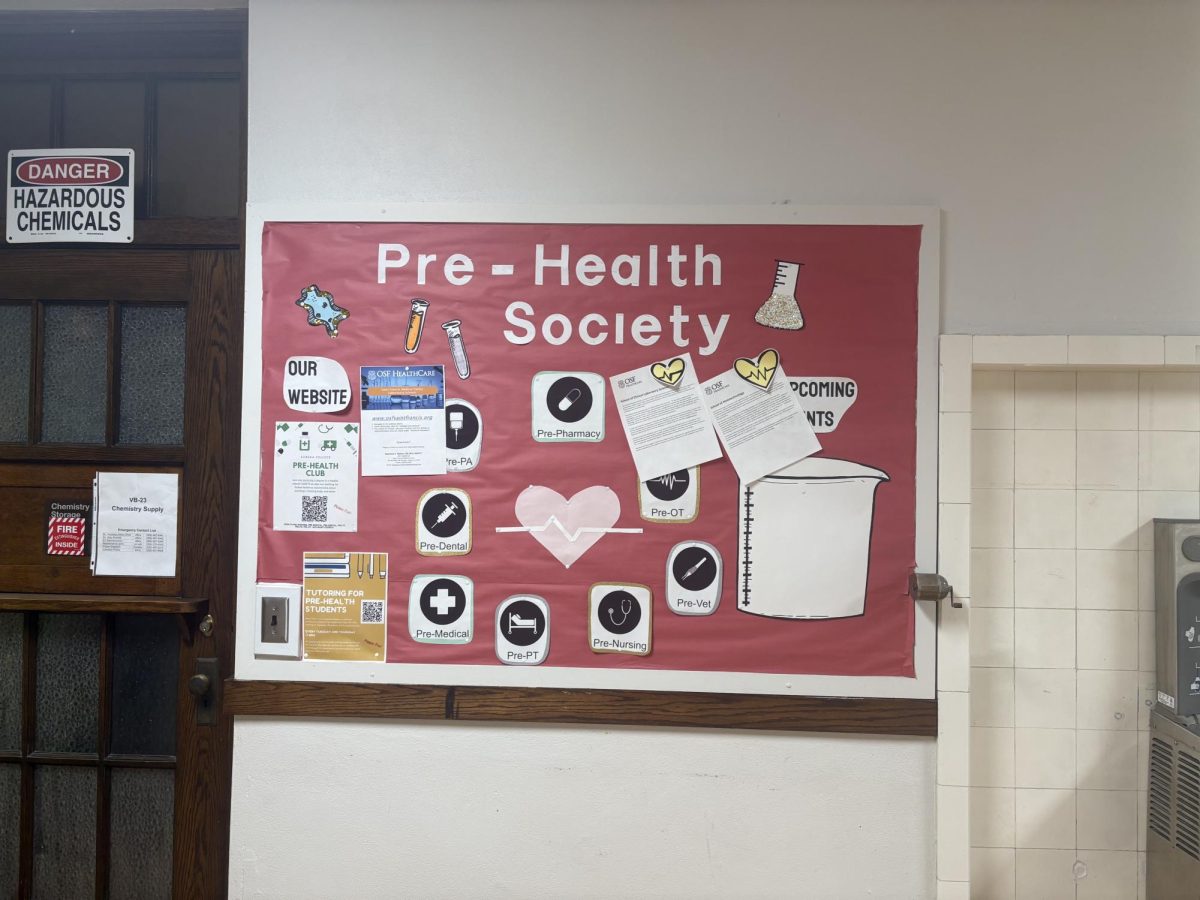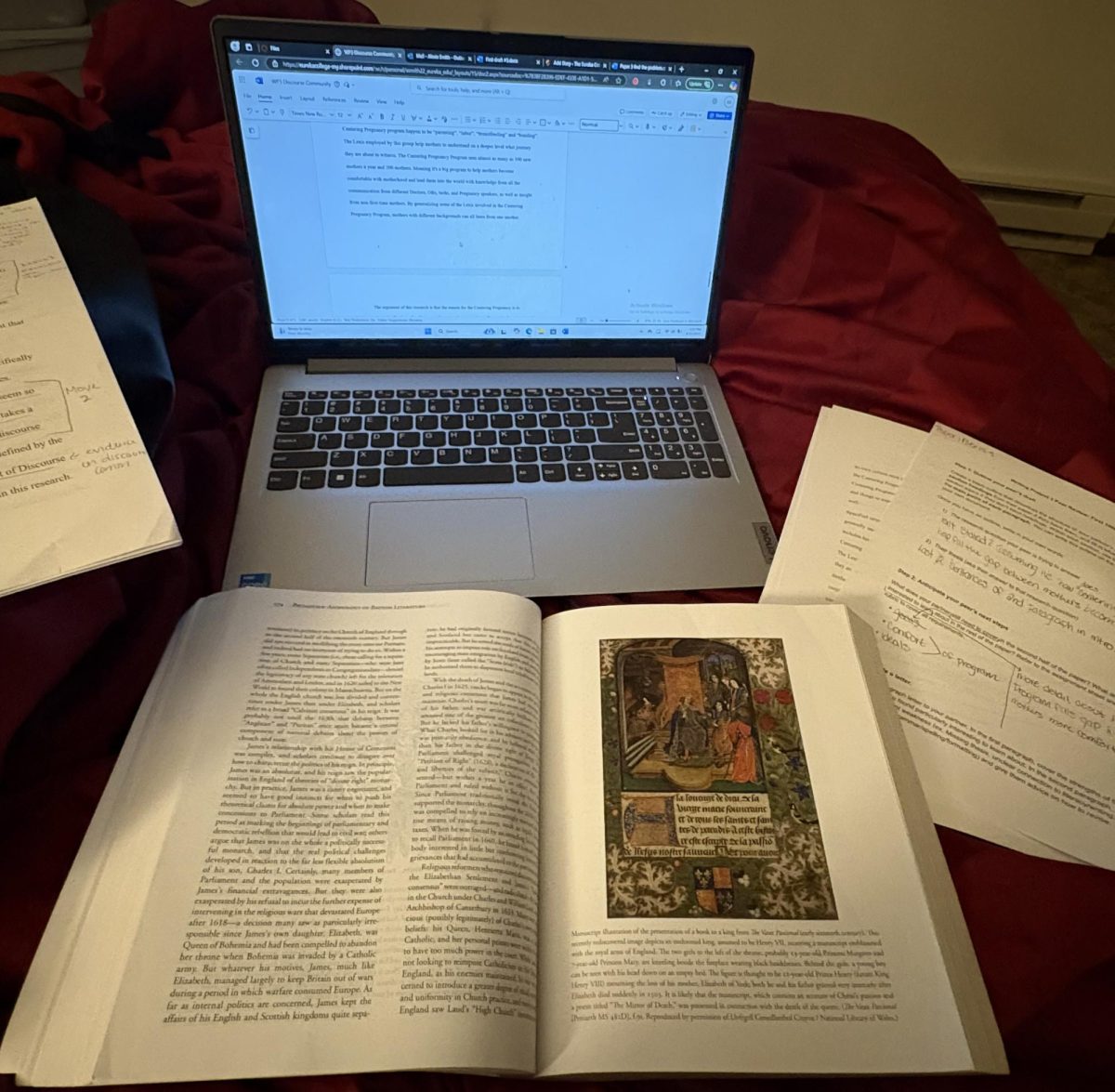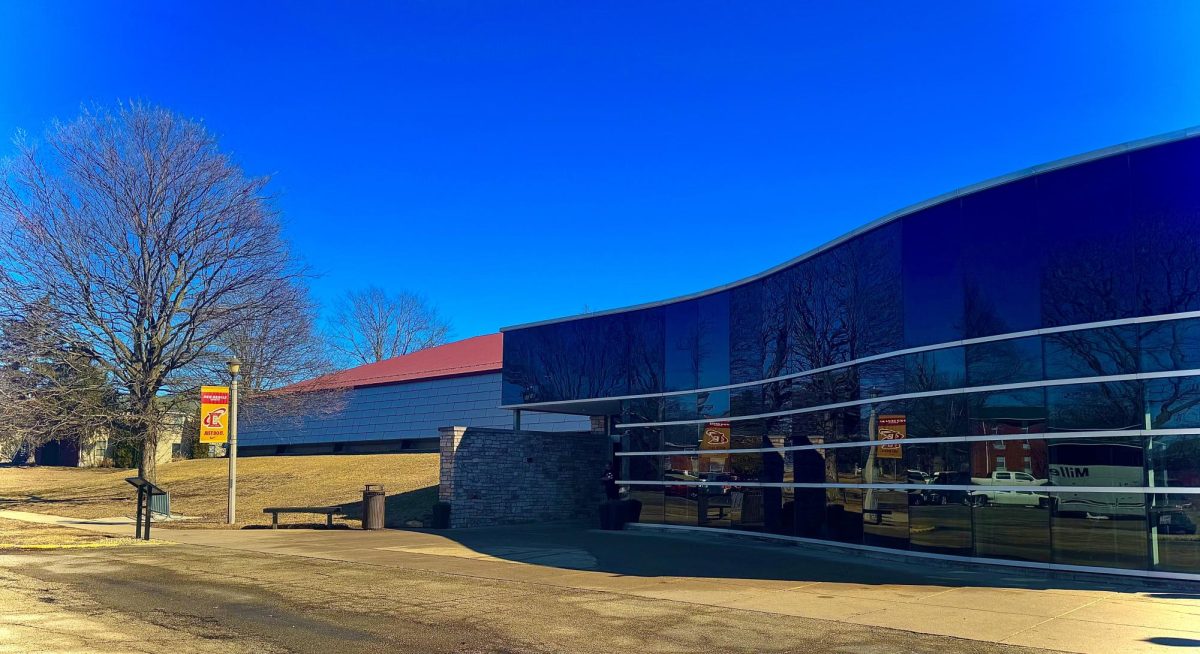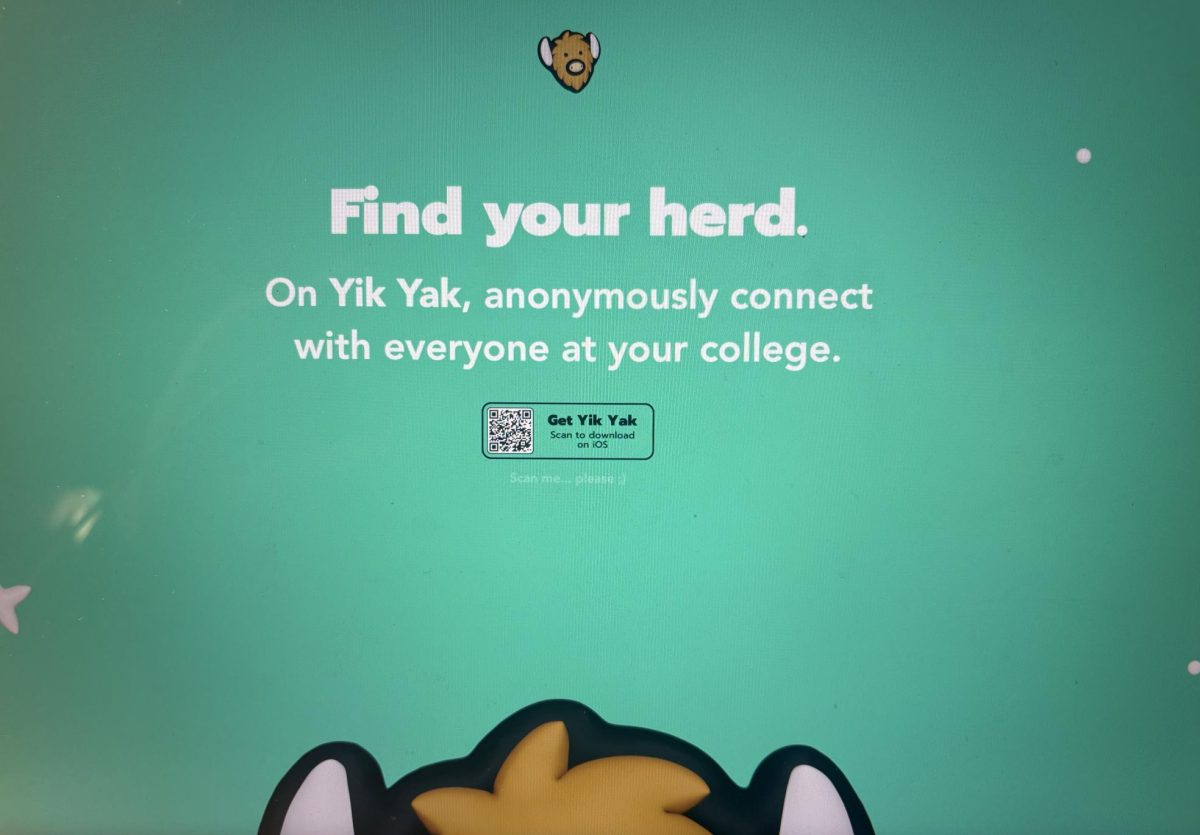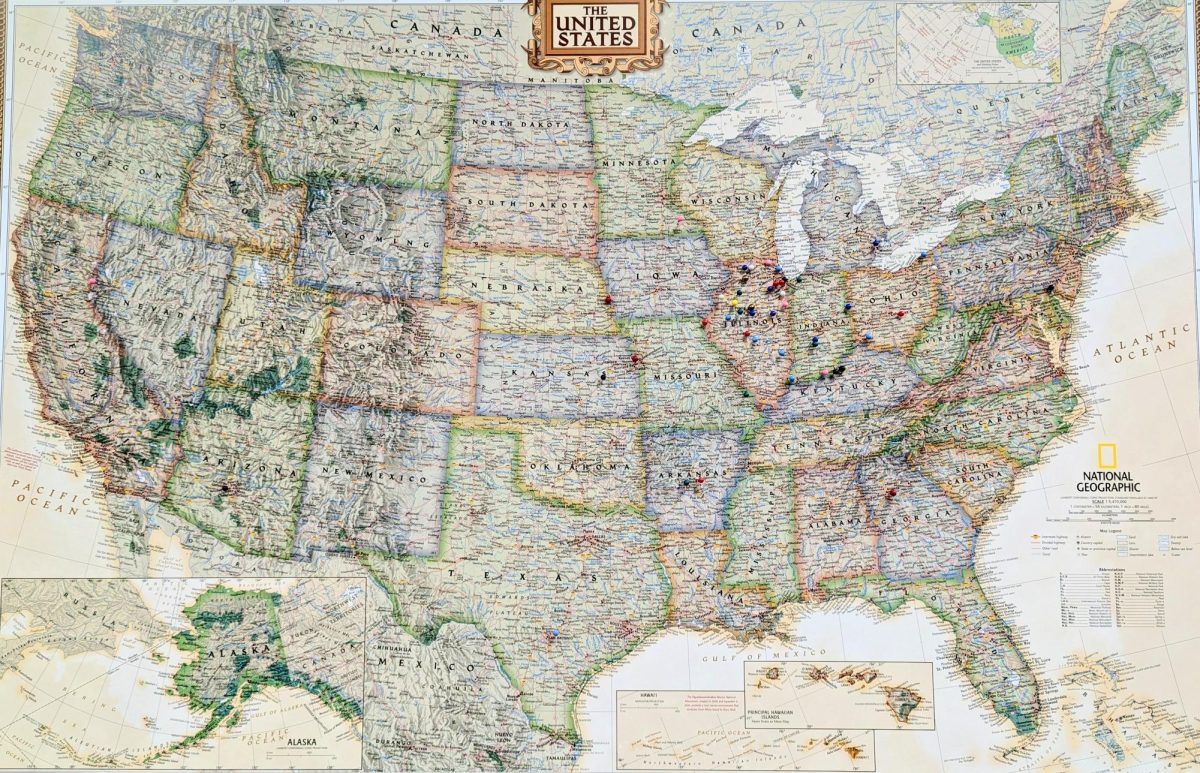From paper to screen. In its original format, Eureka College’s paper, the Pegasus, published its news in a newspaper that was freely distributed to the students and staff. Now, in recent times, the Pegasus has moved to a digital format.
Eureka College is one of the oldest college papers in the United States, dating back to 1889. The title of the oldest paper belongs to Dartmouth College, whose paper has been published since 1799.
Though the format has changed, the Pegasus has stayed true to its goal of providing the students and staff of Eureka with news, culture, sports, and entertainment. The Pegasus continues to be run “by the students for the students.” With the paper being run by students, articles on the site are relatable and current to the happenings on campus.
Faculty Advisor Phil Duncan has worked with the Pegasus for two and a half years now. Seeing it as an opportunity to move to modern media, he personally handled the transition from print to media. Duncan has many future plans for the Pegasus.
“We plan on expanding the content to other multimedia-based formats,” “Duncan said.
The current Editor-in-Chief is Wes Adkins. Wes is currently a senior pursuing a major in English. This is Wes’s second year on the paper, and he took on the role of Editor-in-Chief because of his passion for writing.
Eureka’s Melick Library has kept issues of the Pegasus dating back to the 1800’s. Through the years, the Pegasus has gone through many changes. The paper’s content has, in several ways, stayed the same though.
One article in a 1934 print issue discusses homecoming and the events on campus. This article parallels articles found today on the Pegasus, especially since it is currently homecoming week at Eureka. This demonstrates Eureka’s rich level of tradition, as homecoming is still being celebrated 89 years later.
The Pegasus has also followed the tradition of covering other major sports news in its articles. In a 1934 issue of the Pegasus, one article discusses the 1933 to 1934 basketball team and their accomplishments of the previous season.
On the artistic side, previous iterations of the Pegasus also provided students with a creative outlet. Older issues of the paper provided political cartoons that voiced the student body’s opinions. An example of one of these political cartoons can be found at the top of the article in the picture collage.
Poetry is another form of creative expression found in earlier iterations of the Pegasus. At the top of the article is an image of an acrostic poem from an older issue of the Pegasus. The poem is saying hello to alums of the school and invites them to come to homecoming.
It is also interesting to note the different kinds of advertisements found in the earlier copies of the paper. Most advertisements included businesses from the area, such as J. C. Wynd’s Boot and Shoe House, Mark Aments Music House, R.D. Reynolds Fancy Groceries and Queensware, and many more.
One advertisement in particular shows how different life was in the 1930’s. Several copies of the Pegasus from the 1930s advertisements can be found for Chesterfield cigarettes. The ads varied in their approaches to encourage people to smoke. One advertised that Chesterfield is “the cigarette of athletes.” Other ads talked about the natural and smooth-tasting ingredients in the cigarette.
Currently, it would be pretty jarring to see these types of advertisements in a college paper. The archived copies of the Pegasus show how much the school has changed.
The archived copies also show the rich history of the school. During former president Ronald Reagan’s time at Eureka, he worked for the Pegasus. At the top of the article, a picture of a 1929 issue of the Pegasus shows the paper’s faculty during that time, with Ronald Reagan being one of them.
Alumni Amy Johnson remembers her time at Eureka in the 1990s quite fondly. When asked about her experience with the Pegasus she remembered her husband was a writer for the Pegasus during his time at Eureka.
“I still have copies of it,” Amy Johnson said.
It was only natural for the Pegasus to move to a digital format to reach their readers better. While it was a natural change for the paper, the Pegasus must keep its former iterations’ traditions. Some aspects of the former iterations of the paper are absent in the new website, but the website is still new. There is no telling how the Pegasus website will continue to grow and change through the years to come.
“Beyond the need to report on the current happenings of the campus, the Pegasus feels its important to give the student body a voice and way to express themselves,” Adkins said.

